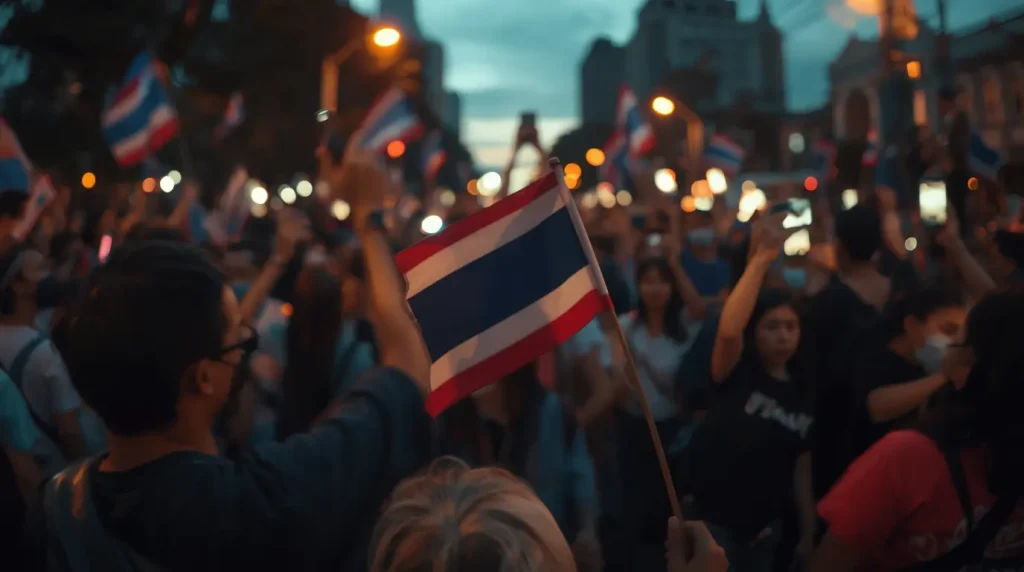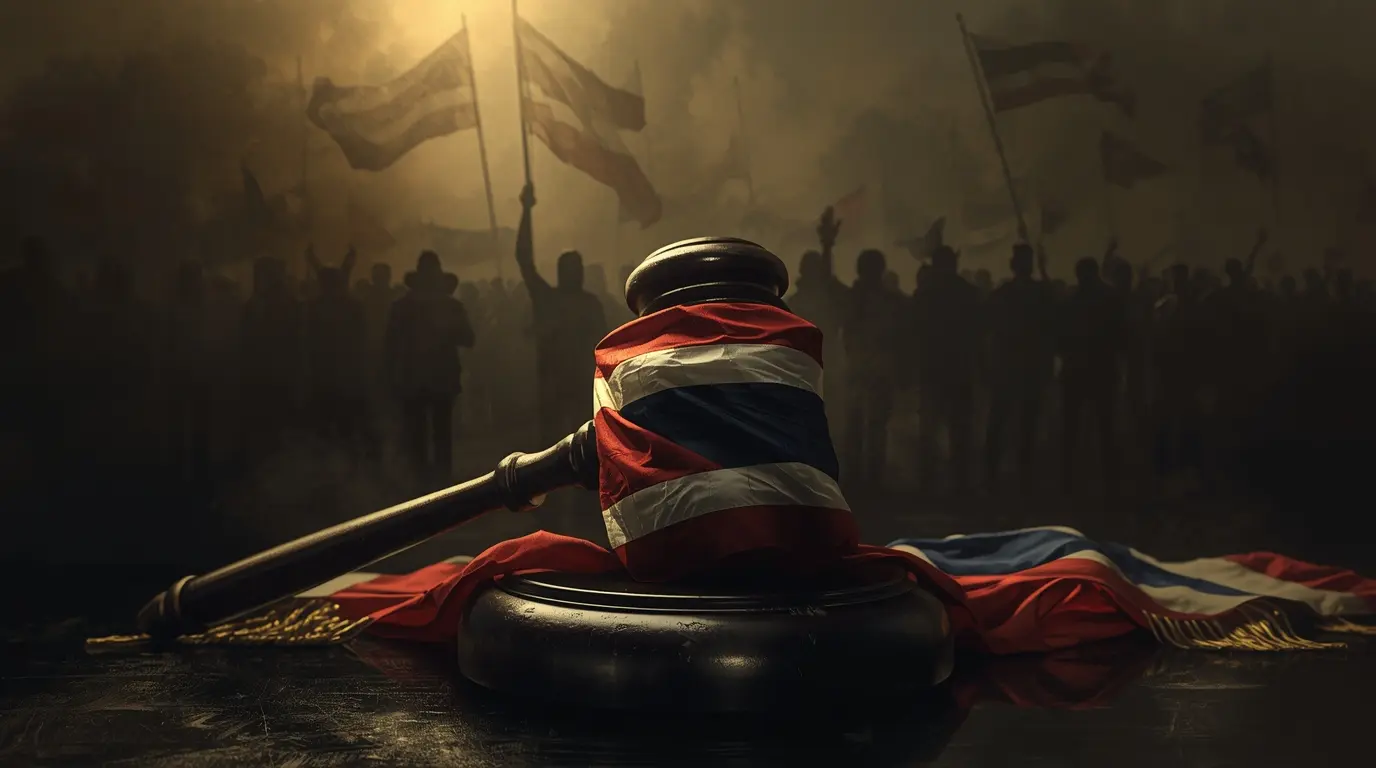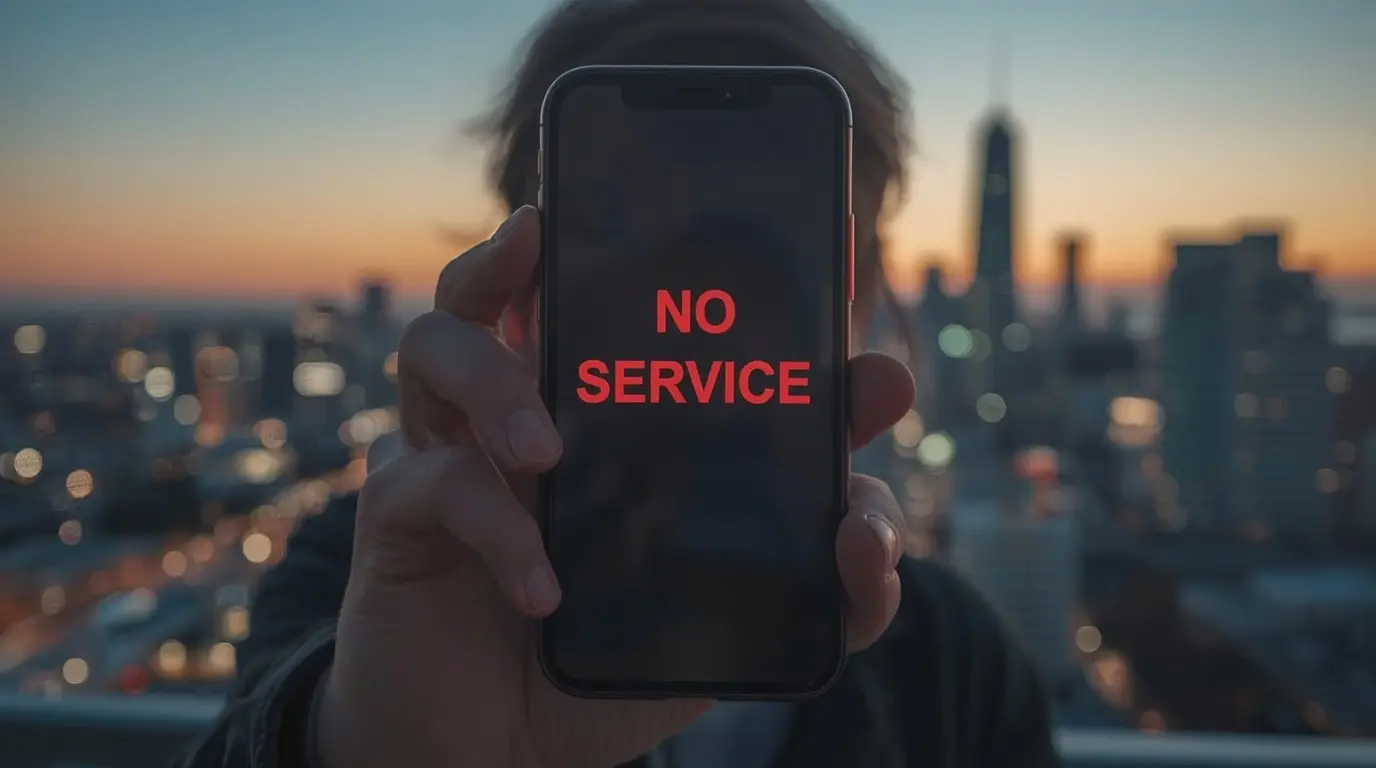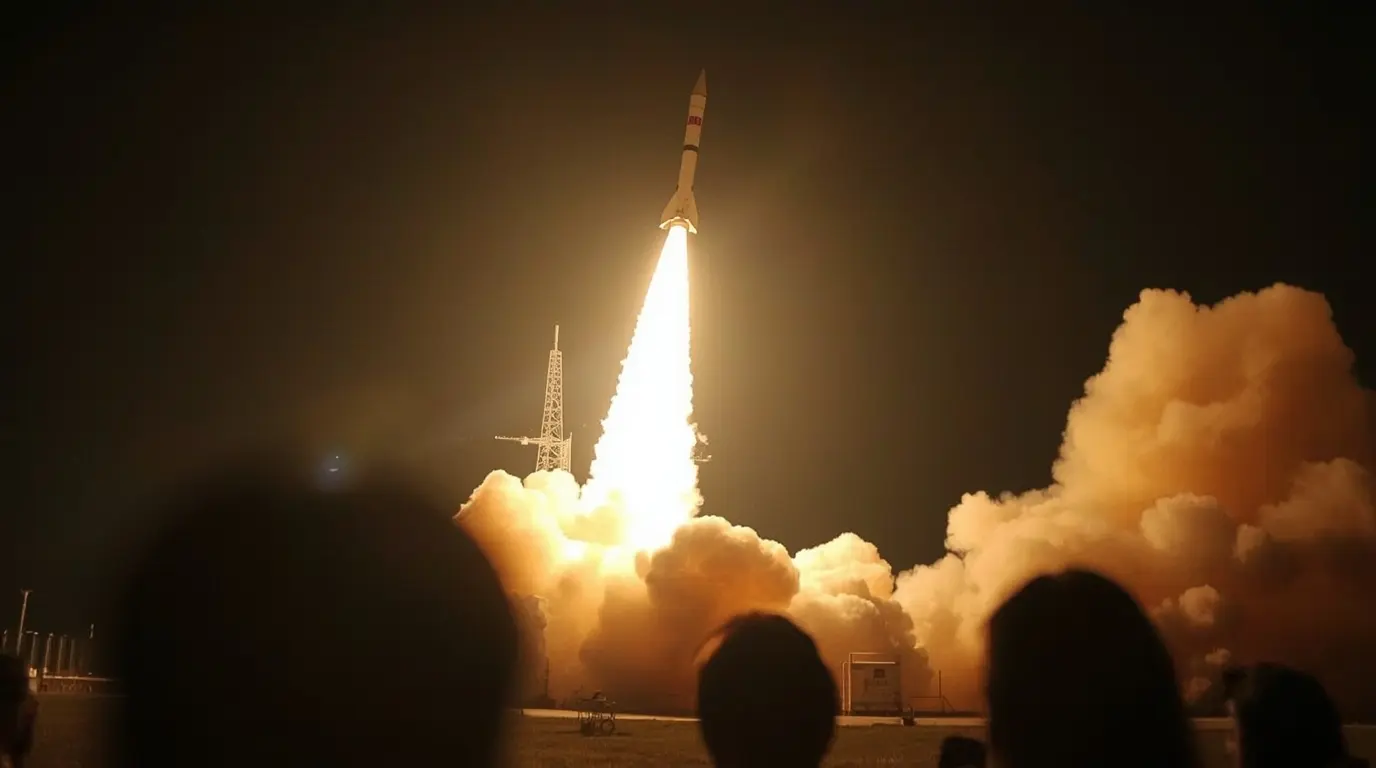The already shaky political landscape in Thailand has finally cracked under pressure. Fresh turmoil swirls around the country’s most explosive figure: Thailand’s former leader Thaksin Shinawatra. His recent detention on suspicion of violating Thailand’s strict lèse-majesté law has jolted the kingdom, once again raising the specter of long-standing divisions, canceled truce talks, and the specter of renewed street protests and heavy-handed crackdowns.
For close to two decades, the country’s political saga has remained tied to Thaksin’s name. A former telecom tycoon and crowd-moving populist, he was toppled in a 2006 coup and has since lived mostly abroad, skirting a prison sentence and asserting that a graft conviction was revenge for his popularity and for threatening established elites.
The Shock Return and the Unexpected Detention
Out of nowhere, Thailand’s former leader flew back to Bangkok in August 2023, stunning everyone. Rumors suggested a secret arrangement let him swap prison time for hospital care and quietly rejoin his party, Pheu Thai, which at the time was heading a shiny new coalition. The arrangement worked—until now.
The uneasy truce cracked wide last week. Police caught Thailand’s former leader and slapped him with a charge of violating Article 112, the stern royal defamation law. Because of this law, anyone perceived to insult, defame, or threaten the royal family can end up with a 15-year term. The latest charge centers on remarks from 2015.
The once calm political waters are now a storm. A new round of protests is already brewing in the streets, and the coalition government, once proud of its triumph, is scrambling to hold it together.
Understanding lāes-majésté: The Law Storming All Headlines
To grasp this crisis, you first must grasp the law: Thailand’s lāes-majésté statute is still among the harshest anywhere. Pro-military and royalist leaders guard it like treasure, yet a growing wave of pro-democracy activists slam it as everything from a censorship lid to a censorship hammer. Now, the moment it is aimed at Thailand’s former leader, the statute rings with terrifying clarity. Prosecuting Thailand’s former leader sets a record no one wanted to write. The event isn’t just loud; it’s a neon sign flashing that the game’s hidden rules have been rewritten overnight. The law’s lens is no longer a closed chapter; it is a newly sharpened knife at the very neck of the nation’s highest office.
So, heads snap to the biggest question: why launch this now? Top analysts have stopped confidently calling it a “glitch,” a “misstep,” or a “blip” in the system. Most are landing on the same answer: the alleged safe-conduct agreement, once bright in pro-establishment chatter, is now torn paper at the table. If the pact that brought the former leader back any quiet morning has unraveled, this law becomes the unholy glue, sticky enough to fabricate a never-seen score settlement.
Maybe the ones in control—military officials, royal insiders, or seasoned oligarchs—sensed their grip slipping because a certain Thailand’s former leader still loomed large in the country’s political landscape. Even while officially detained, Thailand’s former leader showed the ability to steer the Pheu Thai administration, making any legal challenge to him look something like a warning shot to the entire camp. The message? Only a few hold the real reins in Bangkok, and they don’t hesitate to show it.
A Nation on Edge: Protests and the Future

But the message isn’t stopping at the court’s door. The accusation risks pulling millions of “Red Shirts”—the loyal legion from the rural north and northeast—back into the streets. For them, seeing their leader dragged through what they regard as a contemptuous legal maze feels like a historic humiliation. Resentment that’s simmered for years in what they describe as a Bangkok-centered bias could easily explode into renewed protest.
At the same time, going after their champion may have another, darker motivation. The royalist hardliners—sections of the establishment that still regard the Thailand’s former leader as a hereditary usurper—are demanding a reckoning for his comeback. As the situation stands, the ruling coalition is boxed in on two fronts: satisfy the peasants who carved out a political place for the Thailand’s former leader or pacify the ancient guards who still resent any tilt away from their transaction-based order.
Conclusion: A Critical Moment for Thailand
The arrest of Thailand’s former leader marks more than another courtroom drama; it is a tectonic political shock that forces the country to face deep, unresolved rifts. These divisions now spill into the open: the tug-of-war between the ideas of popular rule and heavy-handed rule, the long-standing separation between political elites and the citizenry, and the contest between deep-set customs and calls for sweeping change.
Observers around the globe are paying keen attention. How Thai authorities handle the former prime minister will signal whether the country drifts back toward blatant military dominance and silence or, instead, opts for a more open and united path. Present outcomes for the Thailand’s former leader are tightly woven with the broader future of the kingdom.
Source: https://edition.cnn.com/2025/08/20/asia/thailand-lese-majeste-thaksin-explainer-intl-hnk-dst
For more incredible stories of everyday news, return to our homepage.





